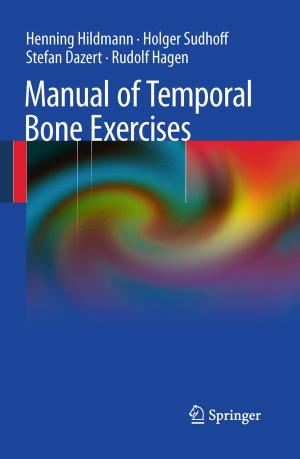Multicomponent Interfacial Transport
Described by the Square Gradient Model during Evaporation and Condensation
Nonfiction, Science & Nature, Science, Physics, Thermodynamics, Chemistry, Physical & Theoretical| Author: | Kirill Glavatskiy | ISBN: | 9783642152665 |
| Publisher: | Springer Berlin Heidelberg | Publication: | January 18, 2011 |
| Imprint: | Springer | Language: | English |
| Author: | Kirill Glavatskiy |
| ISBN: | 9783642152665 |
| Publisher: | Springer Berlin Heidelberg |
| Publication: | January 18, 2011 |
| Imprint: | Springer |
| Language: | English |
A thermodynamically consistent description of the transport across interfaces in mixtures has for a long time been an open issue. This research clarifies that the interface between a liquid and a vapor in a mixture is in local equilibrium during evaporation and condensation. It implies that the thermodynamics developed for interfaces by Gibbs can be applied also away from equilibrium, which is typically the case in reality. A description of phase transitions is of great importance for the understanding of both natural and industrial processes. For example, it is relevant for the understanding of the increase of CO2 concentration in the atmosphere, or improvements of efficiency in distillation columns. This excellent work of luminescent scientific novelty has brought this area a significant step forward. The systematic documentation of the approach will facilitate further applications of the theoretical framework to important problems.
A thermodynamically consistent description of the transport across interfaces in mixtures has for a long time been an open issue. This research clarifies that the interface between a liquid and a vapor in a mixture is in local equilibrium during evaporation and condensation. It implies that the thermodynamics developed for interfaces by Gibbs can be applied also away from equilibrium, which is typically the case in reality. A description of phase transitions is of great importance for the understanding of both natural and industrial processes. For example, it is relevant for the understanding of the increase of CO2 concentration in the atmosphere, or improvements of efficiency in distillation columns. This excellent work of luminescent scientific novelty has brought this area a significant step forward. The systematic documentation of the approach will facilitate further applications of the theoretical framework to important problems.















